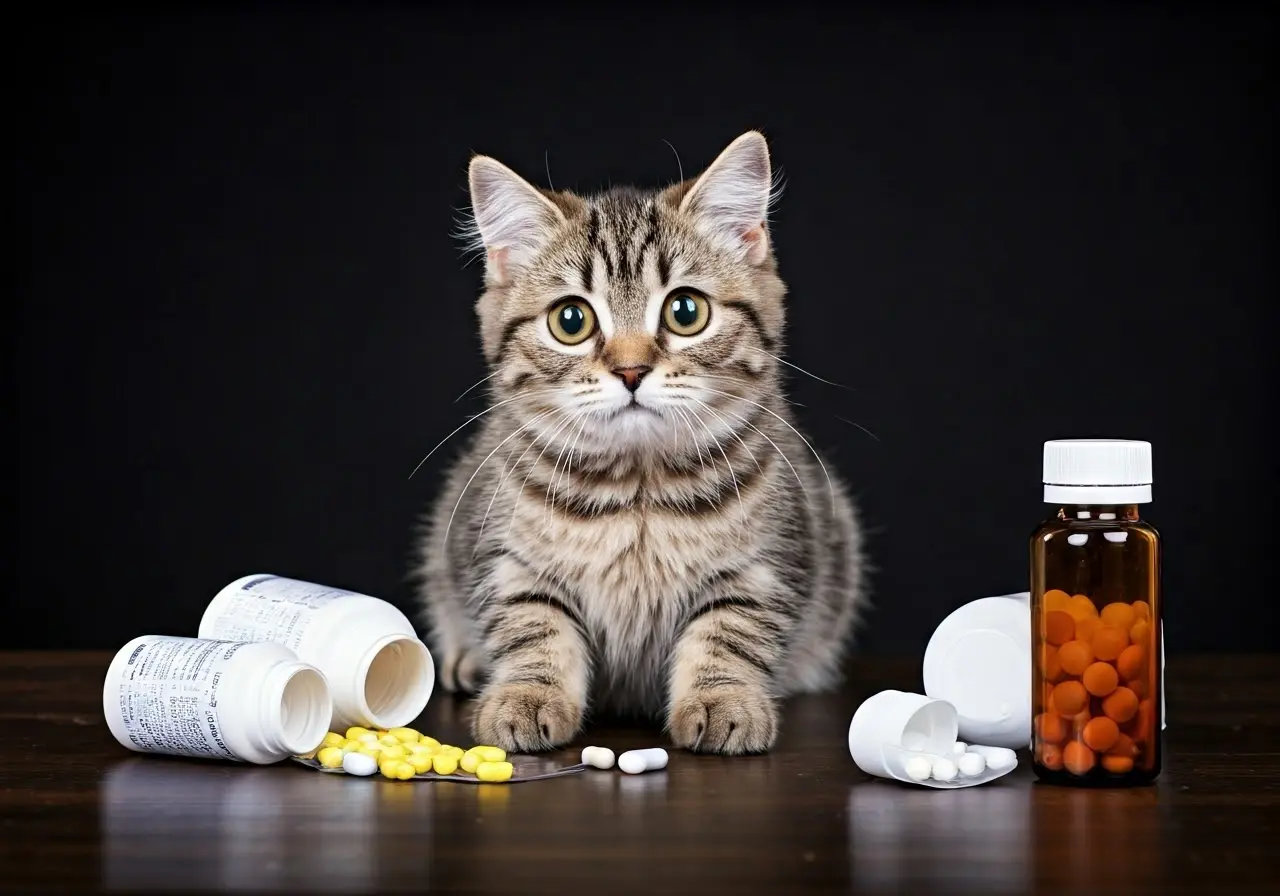Administering medication to our feline friends can be tricky. It’s important to understand how incorrect administration could potentially harm your pet. In this blog, we’ll explore the possible effects and provide tips to help you safely medicate your cat.
Understanding Correct Cat Medication Administration
Before administering any medication, it’s crucial to familiarize yourself with how it should be given. Follow your vet’s instructions closely, including dosage, frequency, and method of administration. Ensuring accuracy in these areas reduces the risk of side effects and increases the chances of a successful treatment outcome Cat Medication Administration.
Begin the process by consulting with your veterinarian. They can provide guidance on the correct dosage based on your cat’s specific needs and conditions. Your vet can also offer advice on the best form of medication to use, whether it’s pills, liquids, or injections. Starting with professional guidance sets you up for success and gives you a clearer understanding of the treatment regimen.
Potential Risks of Incorrect Administration
Giving the wrong dosage or administering medication improperly can lead to adverse reactions. Some medications can be harmful if taken incorrectly, causing issues like gastrointestinal upset or even organ damage. For instance, certain medications, if overdosed, can be toxic, affecting liver and kidney function, which is why precision is key.
It’s easy to underestimate the importance of precise dosage. Overmedication or unnecessary repeating doses can build up toxicity in your cat’s system. On the flip side, under-dosing might render the treatment ineffective, prolonging your pet’s ailment. Both scenarios are detrimental, underscoring the need for cautious administration.
Recognizing Signs of Adverse Reactions
After administering medication, monitor your cat for any unusual behavior or symptoms such as vomiting, diarrhea, or lethargy. Early detection can mitigate potential harm. If your cat demonstrates any of these signs, contacting your veterinarian promptly is crucial Early Detection: Key Signs Your Cat May Need Health Care Assistance.
More subtle signs like changes in appetite, increased thirst, or sudden behavioral shifts could also indicate an adverse reaction to medication. It’s important to keep a vigilant eye on your cat’s daily activities and health, ensuring any warning signs are caught early and addressed.
Steps to Take If You Made a Mistake
If you suspect an error in medication administration, contact your veterinarian immediately. They can provide guidance on how to proceed and whether any intervention is needed. Rarely, it might be necessary to bring your cat in for observation or to administer supportive care to counteract any negative effects.
Your vet may recommend monitoring your cat at home for any signs of distress or advising you to discontinue the medication until further evaluation. The critical thing is not to panic. Quick and calm action paired with professional guidance can significantly mitigate any potential health threats.
Tips for Preventing Medication Errors
To avoid mistakes, always use the right tools for measurement, keep a medication log, and never hesitate to ask your vet for clarification. Staying informed is key to your cat’s safety. For example, using a syringe for liquid medications can help ensure you’re administering the exact dosage prescribed Fear-Free Tips and Tricks for Administering Medication.
Creating a dedicated medication routine, such as specific feeding or medication times, can also help prevent forgetting or double-dosing. Consistency is a simple yet effective strategy in promoting effective treatment outcomes and maintaining your pet’s health.
In addition to careful adherence to medication instructions, learning about the medication itself can be beneficial. Understanding how your cat’s prescription works and why it was chosen is empowering, allowing you to make more informed decisions about their care Beyond Nine Lives: Taking care of our pets.
Keep Your Cat Safe with Proper Medication Practices
Ensuring your cat receives medication correctly is crucial for their health and well-being. Always double-check instructions, consult your vet when in doubt, and pay attention to your cat’s response to medications. This will help prevent any adverse effects and keep your beloved pet happy and healthy.

















